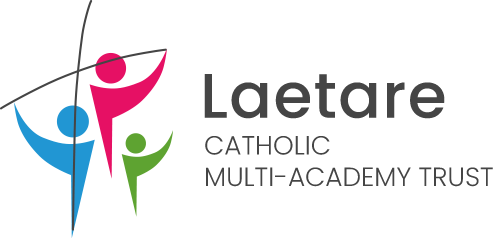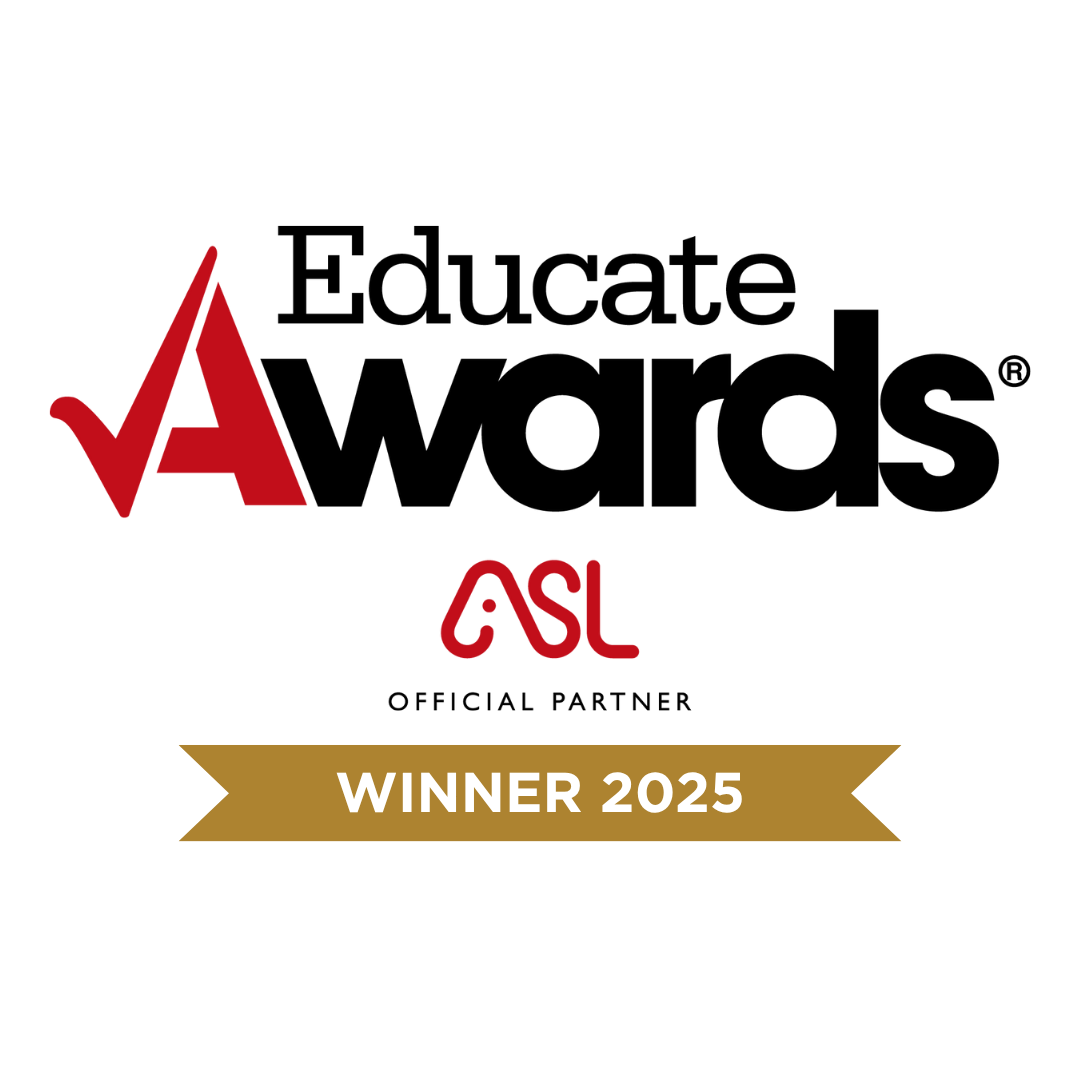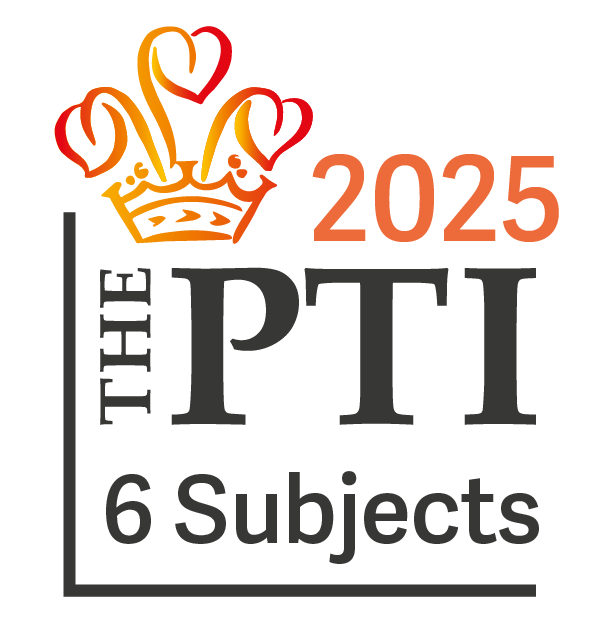English
INTENT
Our intent is to produce critical thinkers, accomplished writers, thoughtful readers and lifelong learners.
Implementation
- We study a range of key literary texts, including heritage texts, to ensure that pupils develop a broad understanding of English literature.
- We identify core knowledge and revisit key elements of this across several units and several years so that pupils become familiar with this knowledge and can apply it in a range of circumstances.
- We focus on quality writing, explicitly teaching the rules of grammar and the effective construction of sentences to develop pupils’ written expression.
- We focus on developing pupils’ skills in oracy, so that pupils are able to express themselves verbally with confidence and fluency.
- We encourage pupils to view the skills they develop in reading, writing and oracy as key to their success across the curriculum and as crucial to their lifelong learning journey.
- We support all pupils with scaffolding and support when appropriate, particularly those with SEND.
- We have high expectations of all of our learners and encourage them to develop their accuracy, creativity and confidence in all areas of English.
- We focus on the whole child and believe that everybody has a story to tell, something to gain from reading the stories of those that have gone before, a voice that deserves to be heard and the right to access the power of language and our shared literary heritage.










